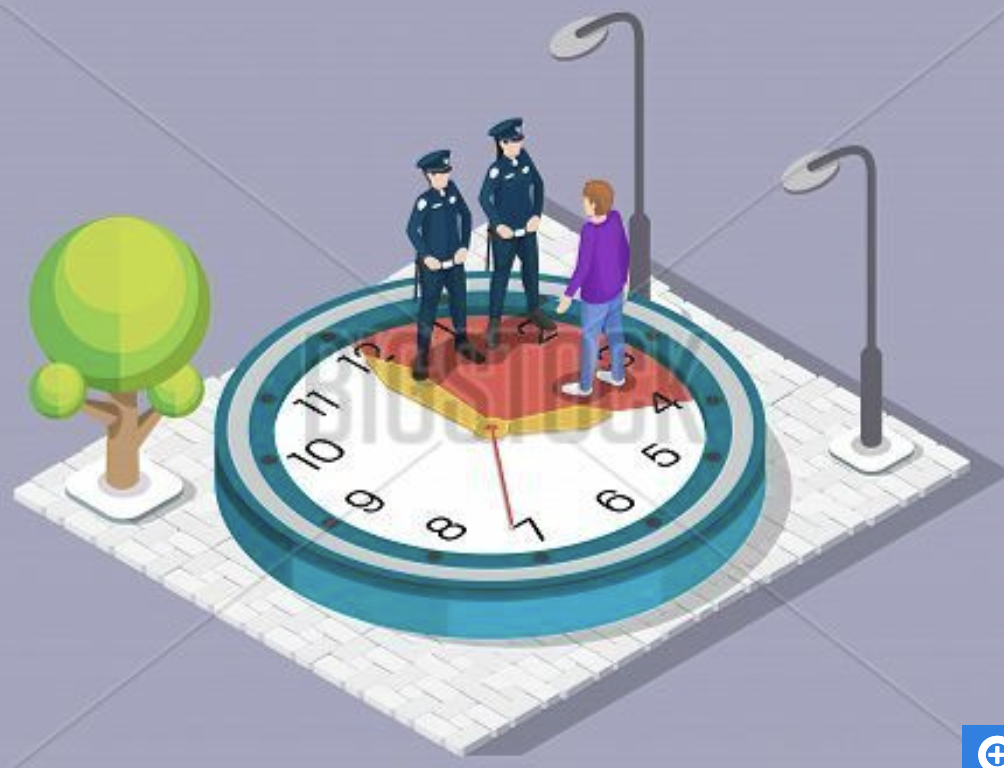As Philadelphia appears to be on the threshold of imposing a new, more restrictive curfew on teens, criminal justice experts are raising questions about how well they work. The City Council’s Committee on Public Safety gave its unanimous support to the proposal on Thursday to change its teen curfew from midnight to 10 p.m. However, […]

